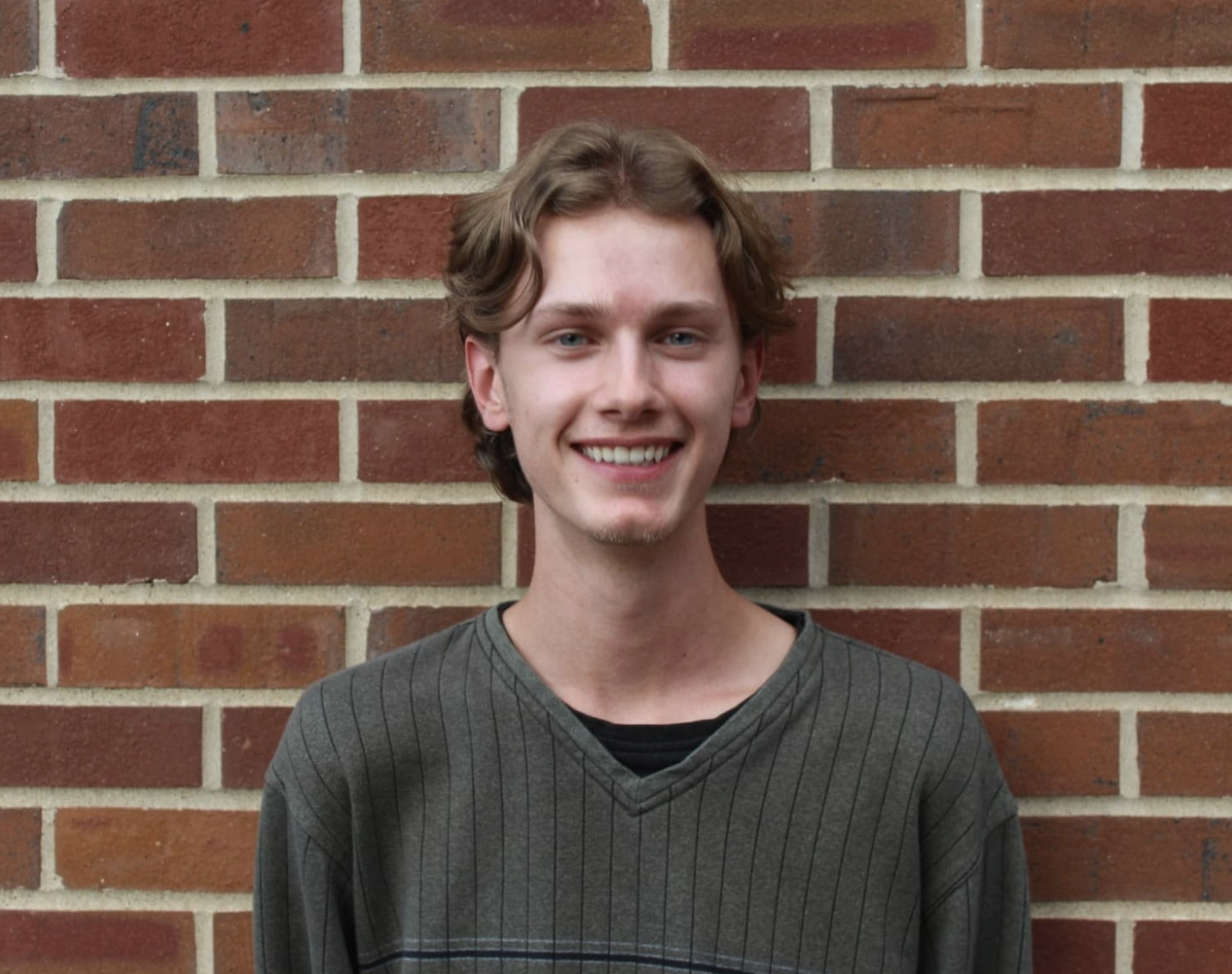Thanksgiving needs to be more inclusive

The origins of Thanksgiving began when the Pilgrims and the Wampanoag tribe feasted together on bountiful harvested goods in 1621, and over time, this event slowly developed into a traditional holiday. Unfortunately, the holiday is intrinsically tied to the brutal conquest of Native Americans. Even with the relatively peaceful pilgrims (compared to other colonists), the Wampanoag were devastated by European diseases.
The celebration of Thanksgiving has a virtuous message, but the holiday needs to be redesigned to acknowledge the history upon which it was founded.
As a white person who grew up in a Catholic and predominantly white school, I remember Thanksgiving festivities in school being based on Native Americans, not in appreciation of their culture, but in a stereotypical and harmful manner. We would craft headpieces with paper feathers. We were taught that what we were doing was in appreciation of Native culture, but it served no real educational purpose. Although some may see no harm in it, the appropriation of Native culture has a much more negative impact than most people think.
Every Native tribe has their own distinct traditions and practices, and the generic appropriation of their culture erases their diversity. When non-Indigneous people clump each tribe together, they minimize the unique experience of each Native individual. This erasure is worsened as the dominant culture represents an already marginalized community.
Thanksgiving takes Indigenous peoples’ culture and turns it into a holiday. While many white people enjoy mounds of food, some Native people take the day to mourn the genocide against their ancestors.
Additionally, the false history of peace between Pilgrims and Native Americans that Thanksgiving perpetuates obscures the reality of the abuse and barbarity brought upon them. People want the tragic past of America to be forgotten, but this will not fix the stereotypes and racism still present in society.
Although most individuals take the day to be thankful for their lives, friends and family without meaning harm to Native communities, the history of the holiday must not be ignored. The celebration of a holiday with harmful origins that are continuously dismissed only further hinders accurate perception of the diversity and strength of Native cultures.
Sarah Comeau, a Lakota woman, expresses the harmful effects of cultural appropriation in her personal essay “Let My People Heal.” She feels “disregarded and invisible” when she speaks out against non-Indigenous people appropriating her culture and is met with ignorance. Comeau wants her daughter to grow up in a world where she can fight these stereotypes and educate those around her on the significance of her culture.
The message to be thankful for all the good things in your life should continue to be practiced on the holiday; however, Thanksgiving should commemorate Native people.
There are many ways we can honor Native people on this holiday: educating ourselves on the history of Thanksgiving, supporting Indigenous-owned businesses and Indigenous artists and speaking out against stereotypes when we encounter them.
These seemingly small tasks can make a big difference and allow for the creation of a holiday that celebrates Indigenous people, instead of diminishing their culture.
The past can never be undone, but as a society, we can at least acknowledge previous wrongdoings and rework the underlying racist themes of Thanksgiving to create a more inclusive holiday for all.



